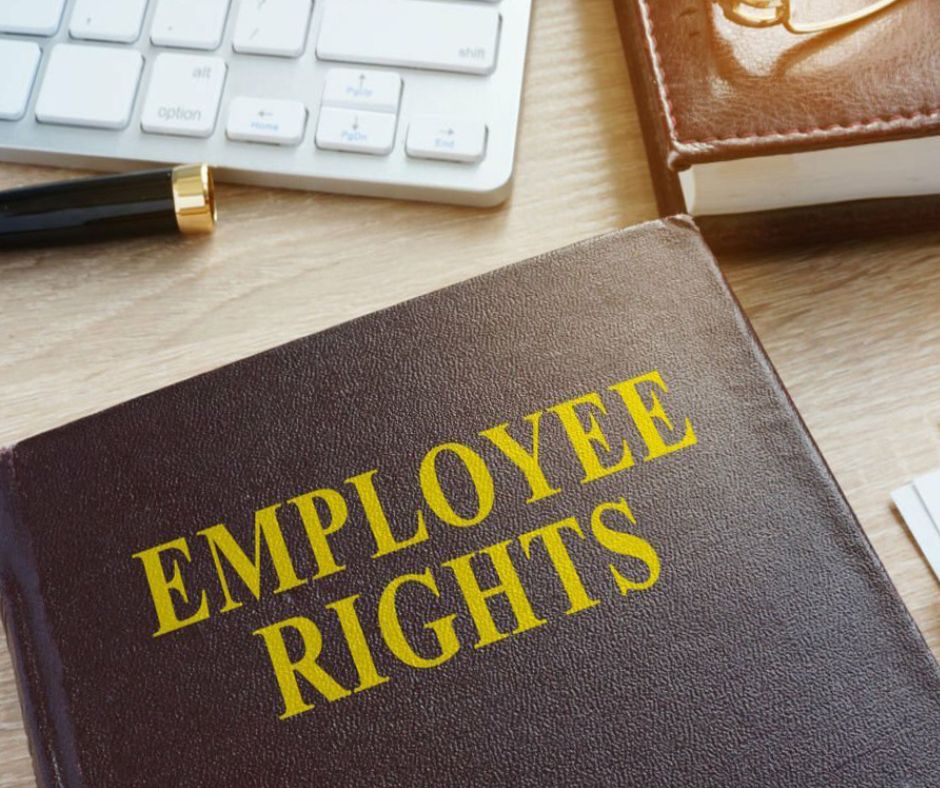
The difference between full-time and part-time employment isn’t just how many hours an employee works but also different full-time vs. part-time rights and benefits. To safeguard your rights and foster fair work practices, it is important to understand each category’s specific privileges and legal protections and the differences between the two.
What Is the Difference Between Full-time vs. Part-time Rights?
California and federal laws protect both part-time and full-time employees. However, there is a difference between full-time rights and part-time rights. Here is a breakdown of some of their differences.
Full-Time Employment and Rights
Under California Law, employees who work 40 hours a week are considered full-time employees. However, federal law does not uniformly define how many hours an employee must work to qualify as “full-time.” Instead, federal benefits laws take different approaches to “full-time employment.” For example, under the Employee Retirement Income Security Act (ERISA), employees can opt into employer-provided retirement plans if they are a “full-time employee” working 1,000 hours or more in a year (slightly less than 19.5 hours per week). The Affordable Care Act (ACA) requires employers with 50 or more full-time employees to provide healthcare benefits to “full-time employees” working more than 30 hours in a workweek.
Typically, in California, many full-time employees working over 32 hours often receive some or all of the following benefits:
- Health insurance,
- Vacation time,
- Sick leave,
- Holiday pay,
- Parental leave,
- Paid personal days,
- Retirement plans,
- A fixed work schedule, and
- Protection against discrimination, harassment, and wrongful termination.
Full-time employment also means non-exempt employees can only work limited hours before their employer must pay them overtime. In California, employers must pay most full-time exempt employees overtime for hours worked over 40 per week, per the Fair Labor Standards Act (FLSA) and various California Labor Codes.
Part-Time Employment and Rights
California has yet to legally define how many hours employees must work to be considered part-time. However, as a rule of thumb, part-time employment usually means working less than 32 hours per week. While part-time rights include many of the same basic legal protections as full-time rights, such as minimum wage and safe working conditions, some of the notable differences have to do with supplementary benefits such as:
- Health insurance. Part-time employees are not usually eligible for employer-sponsored health benefits. However, California’s “Healthy Workplaces, Healthy Families Act of 2014” ensures that part-time workers do accrue paid sick leave.
- Paid time off. Part-time workers receive less vacation time if they are eligible to collect it at all.
- Paid sick days. While employers may offer paid sick days in alignment with state law, they are often on a pro-rata basis.
- Retirement plans. Retirement benefits for part-time employees are not as common; moreover, eligibility for these benefits often requires meeting specific criteria that can include working a minimum number of hours.
- Overtime pay. Like full-time employees, part-time workers in California must receive overtime pay for hours worked over 8 in a day or 40 in a week; however, their lower number of working hours makes receiving overtime less frequent.
Remember, being a part-time worker doesn’t mean you don’t have rights. As a part-time employee, your employer must still pay you your state or city’s minimum wage, give you your rest periods and meal breaks, and ensure a workplace free from discrimination and harassment.
What Are Common Employment Violations for Both Categories?
Common employee rights violations for both full and part-time employees include:
- Misclassification. Mistakenly or intentionally misclassifying an employee strips them of entitled protections. If your employer classifies you as an independent contractor or part-time worker but schedules you for full-time hours, you can file a misclassification lawsuit.
- Wage theft. Including failing to pay for all working hours, not paying overtime rates, and not providing legally required meal and rest breaks.
- Discrimination. The California Fair Employment and Housing Act (FEHA) protects full-time and part-time employees from workplace discrimination.
No employee should put up with illegal and undignified treatment. If you believe your employer has committed an employment law violation, an experienced Los Angeles employment attorney at Bibiyan Law Group, PC can review your case and help you determine the best steps to preserve your rights—we’re here to ensure you don’t have to fight alone.
Bibiyan Law Group Will Defend Your Rights
At Bibiyan Law Group, we offer specialized expertise in employment law. Our unique approach combines our deep compassion for hard-working employees with a powerful drive to advocate for workplace fairness, ensuring you always receive top-tier representation. Our success is measured in the substantial settlements we’ve achieved, amounting to tens of millions for our clients. Our formidable legal team will work with you every step of the way to analyze your situation and advance your quest for justice. Experience the tailored care your case warrants; take the first step and book a no-cost consultation with Bibiyan Law Group.


